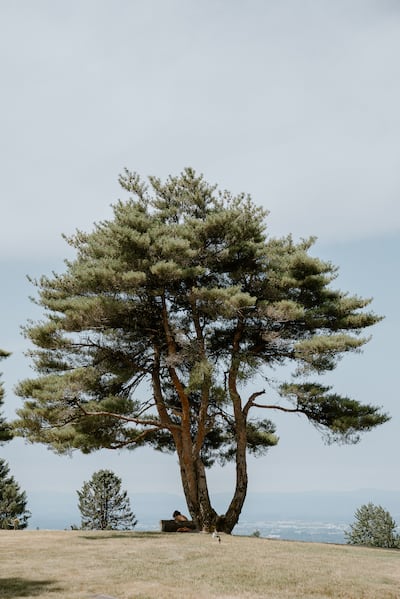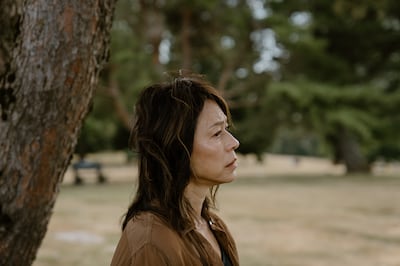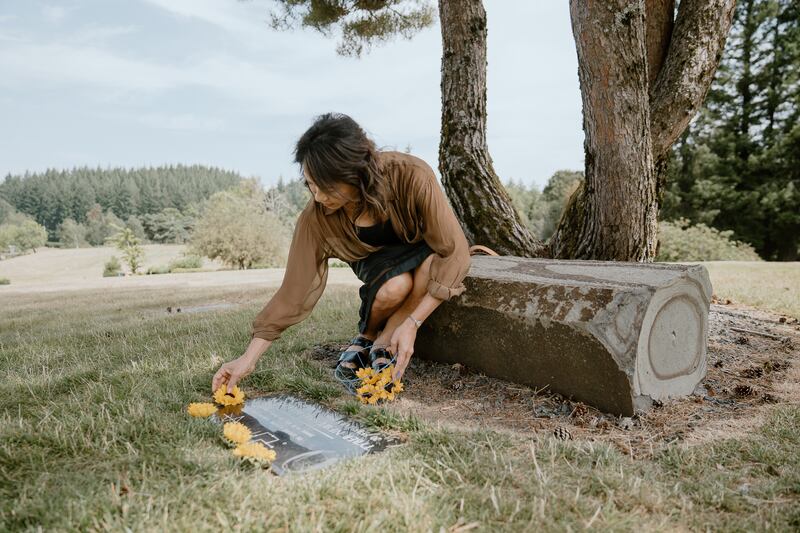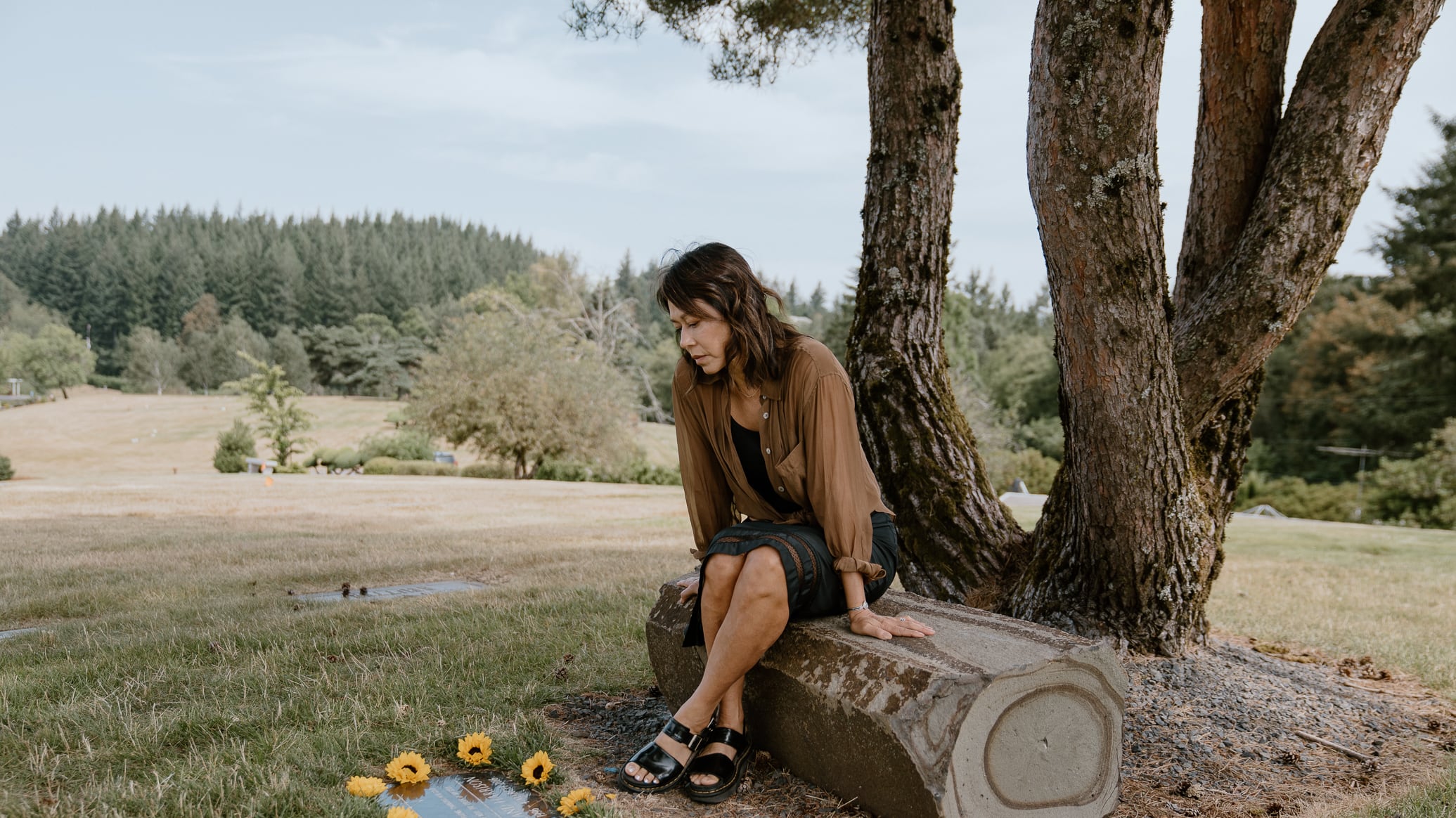Paula Tin Nyo relocated to Portland after a family tragedy, looking for peace and a final resting place for her son. What she got instead was a court battle with the nation’s largest funeral company and, possibly, one of Oregon’s most prominent families.
Tin Nyo’s odyssey began when police rolled up to her Florida home on March 4, 2016. She thought maybe her dog had been barking too loudly for neighbors or one of her four children had gotten up to some mischief.
Instead, a pair of somber officers escorted her to her kitchen table. Their news: Her second son, Tyber Harrison, 20, was dead. Hours earlier, a truck struck him as he walked near a highway in Orlando where he attended the University of Central Florida.
Tin Nyo, 60, recalls slumping to the floor. “I wondered about the moments between when he was hit and when he died,” she says.
A native of Myanmar, which her parents fled for political reasons when she was 6, Tin Nyo has moved regularly all her life, living in five countries and dozens of homes. After her son’s death, she wanted to get far away from Florida. “I’m good at fleeing,” she says. With Tyber’s ashes in tow, she and her children ended up in Portland.
It wasn’t until October 2021 that Tin Nyo found the right burial plot for his remains: Skyline Memorial Gardens atop the West Hills. Friends and family came from all over the country to witness the burial of a vault that contained mementos—such as baby hair, teeth, a bracelet and ashes—from a brief life.
But a little less than a year later, in September 2022, Skyline—owned by Service Corporation International, which generates annual revenues of more than $4 billion at 1,900 funeral locations—notified Tin Nyo it had made a mistake.
Skyline told Tin Nyo her son’s grave had already been sold to another family two years earlier. That family had also lost a son. And they wanted the burial plot back.
Tin Nyo did not want to dig up her son’s burial vault. After she refused, Skyline sued her in state court in May 2023. (KGW first reported the dispute.) The case has dragged on as attorneys representing the funeral giant have sought not only to relocate Tyber’s remains but also to shield the identity of the powerful family that wants his grave.
Tin Nyo’s attorneys believe the family’s name appears on grocery shelves across the West Coast and on the marquees of Oregon’s biggest venues, but lawyers have succeeded in keeping it from the public.
Legal experts say the battle over whether the name should be revealed goes to a fundamental principle of the Oregon Constitution: the premise that nearly all of what happens in court should be a matter of public record.
“Under our open court system, the identity of the parties in litigation is generally public,” says Jack Orchard, a lawyer and expert on public records. “If you are using the courts to seek something you cannot get through a private negotiation, the public has a right to know who you are.”

The disputed parcel of property in question is understandably coveted real estate. It sits on a spine of the West Hills 1,100 feet above Portland with a panoramic view to the southwest.
Records show Tin Nyo paid $16,511 for the plot and gravestone. On the plot, she placed a basalt column from Smith Rock, a climbing mecca, to serve as a bench next to her son’s grave (he was a keen climber). An expansive cedar provides shade.
After discovering it had accidentally sold the same plot twice, Skyline initially proposed moving Tin Nyo’s son’s remains to another plot.
She says Skyline’s general manager summoned her for a meeting and asked her to sign papers agreeing to a move.
“I asked her if she had children, and she said she did,” Tin Nyo says. “I said, ‘How dare you ask me from one mother to another to move my son’s grave. I will not be signing this,’ and I pushed the papers back at them.”
She then sent a series of handwritten cease-and-desist letters to Skyline and its parent company in Texas.
To her, the issue is far more than a real estate or contract dispute. “A grave is meant to connect my son to the earth and provide closure,” Tin Nyo says. “They would be defiling a solemn and sacred act to uproot him.”
In May 2023, Skyline filed suit seeking to do just that.
“I felt very vulnerable and thought this was probably beyond me to deal with a lawsuit from this megacorporation,” Tin Nyo says. The owner of a small design firm, she lacked the resources to defend herself. But Tonkon Torp, one of Portland’s leading law firms, agreed to represent her for free.
The lawsuit made a simple claim: Another family had purchased the same burial plot for its son in June 2019, more than two years before Tin Nyo bought it.
Skyline admitted fault but asked the court to nullify Tin Nyo’s purchase.
Tonkin Torp argued—successfully—that Skyline lacked standing in the case because it had not been damaged in any way by the erroneous sale to Tin Nyo. If the original buyer wanted to seek justice through the courts, that family needed to make its case. Multnomah County Circuit Judge Christopher Ramras agreed.
But lawyers at the Lane Powell firm, which represents Skyline, insisted that the family that had originally purchased the plot should be allowed to remain anonymous—they are known in the court record as “John Smith and Jayne Smith.”
The request for anonymity was a big ask. Article 1, section 10 of the Oregon Constitution says that “no court shall be secret, but justice shall be administered, openly and without purchase, completely and without delay.”
In practice, says former Oregon Supreme Court Justice Jack Landau, that has meant a presumption of the disclosure of parties’ names in court proceedings.
“It’s fair to say that the theme that runs through the last 800 years of English and American law is that justice needs to be administered openly so there can be accountability,” Landau says. “We want justice to be done out in the open, not in secret.”

There are notable exceptions, such as the names of juveniles or the victims of alleged sexual assaults. In other cases, says retired Oregon Tax Court Judge Henry Breithaupt, it is up to the litigants to make a case for anonymity.
“Often, the issue is relevance,” Breithaupt says. “Is the party’s name relevant at all? Or is there a reason why keeping the name private would be prejudicial to the defendant?”
On May 14, Judge Ramras sided with Lane Powell’s argument that the first purchaser should be allowed to proceed under a pseudonym. Ramras said “anonymity helps to preserve privacy in a sensitive and highly personal” case—although he also cautioned he was open to revisiting the question if an independent party presented an argument on “the need for open courts.”
Gracey Nagle, a Tonkon Torp attorney who represents Tin Nyo, says allowing a plaintiff to use a pseudonym does a disservice to the public and to her client.
“Insistence on anonymity for the Smiths has made it very difficult for us to obtain documents from them in the normal course of discovery because they have tried so hard to prevent any information about the Smiths from being revealed,” Nagle says.
“And on a deeper level, it has hurt our client to be treated so differently by Skyline in terms of the cemetery’s respect for her privacy and for her rights to have her family’s plot undisturbed.”
Although Skyline’s attorneys have so far convinced Judge Ramras to preserve the Smiths’ anonymity, a document Lane Powell filed early this year offers a strong clue as to who they are. In effect, the law firm undermined its own position by including correspondence in a document it filed with the court. (Lane Powell, which represents Skyline, and the Sussman Shank firm, which represents the family seeking the disputed plot, did not respond to requests for comment.)
In a Jan. 4 filing, Lane Powell included emails its attorneys had exchanged with Tin Nyo’s counsel. In a Nov. 30 email, Tonkon Torp’s Nagle wrote: “We have reason to believe that the Smiths are Marty and Jane Reser, the parents of Alexander Reser. Can you confirm that this is correct and identify their counsel in this matter?”
Nagle wanted the information, she wrote, because Tin Nyo was considering countersuing her opponents, a process anonymity made difficult.
A second Tonkon Torp lawyer sent a subsequent email asking Lane Powell lawyers to confirm that the Resers were the anonymous purchaser.
Nagle declined to explain to WW why she and her colleague think the Resers are the anonymous family.
“I can’t comment on the basis for this belief; however, I think that Skyline has devoted a lot of resources to intimidating a grieving mother into giving up her rights,” Nagle says, “which leads me to believe that people with great influence are driving this litigation.”

An online obituary shows that Alexander Reser died March 4, 2019, at age 30 (coincidentally, three years to the day after Tyber Harrison died). The obituary notes that Reser was a keen athlete who wrestled at Oregon State University, became a certified public accountant, and worked as a manager for Moss Adams, a large local accounting firm. The obituary does not list a cause of death.
The Oregonian solved that mystery in a front-page story May 1 of this year.
The daily reported on the federal criminal trial of a fentanyl dealer named Billy Trueblood—and identified Alexander Reser as someone who suffered a fatal overdose after buying drugs from Trueblood. (Washington County detectives tracked Trueblood down at a Trail Blazers game after one of them saw him on television sitting behind the Blazers bench.)
Reser’s family said in court he had developed an opioid addiction after hurting his back while wrestling at Oregon State and that addiction led to the fatal overdose.
“We were hoping for justice because our son Alex is not coming back,” The Oregonian quoted his father, Marty Reser, as saying. “No one will ever again have the opportunity to spend time, create more memories with Alex.”
The Reser name is well known in Oregon. Reser’s Fine Foods, based in Beaverton, is one of the state’s largest privately held companies, with more than 4,000 employees and annual sales in excess of $1 billion. The Reser family name is on the football stadium at OSU and on the new performing arts center in Beaverton, among other buildings. And, at Skyline Memorial Gardens, Alexander Reser’s gravestone occupies a spot no more than 20 feet from where Harrison rests. On it is a tribute to the patriarch of the Reser clan, his late grandfather Al Reser.
Under Oregon’s open court doctrine, a family’s economic or social standing is supposed to be irrelevant.
“The wealth or prominence or status shouldn’t factor in at all,” says Orchard, the public records expert. “Just because something terrible has happened to a family member doesn’t entitle them to a pass.”
Tin Nyo will not comment on whether she knows the identity of the family that is seeking her son’s grave. But she says it’s unfair that the court is putting their desire for privacy ahead of hers.
“It makes me feel diminished,” she says. “The court has decided my late son and my children are on a lower level than that family—whoever they are. We matter less than they do, I guess. I thought in this country, we are all supposed to be equal.”


